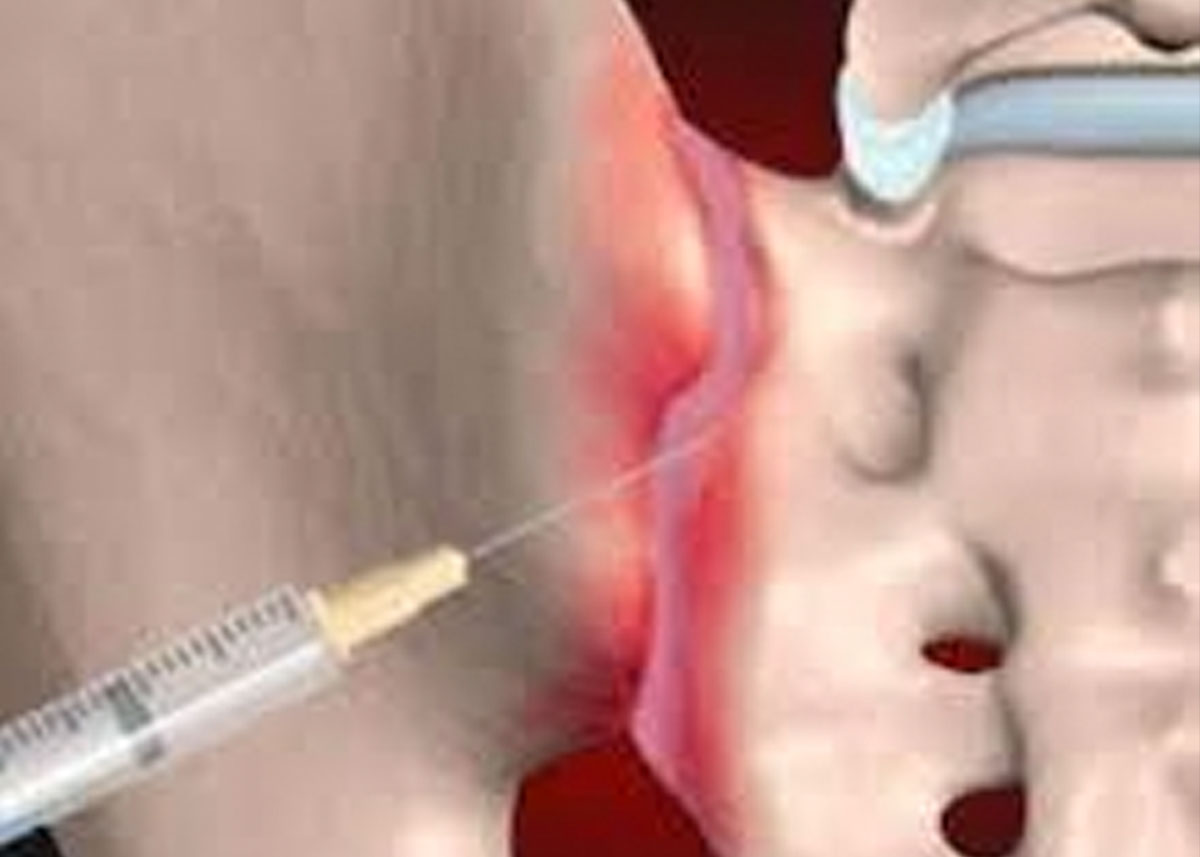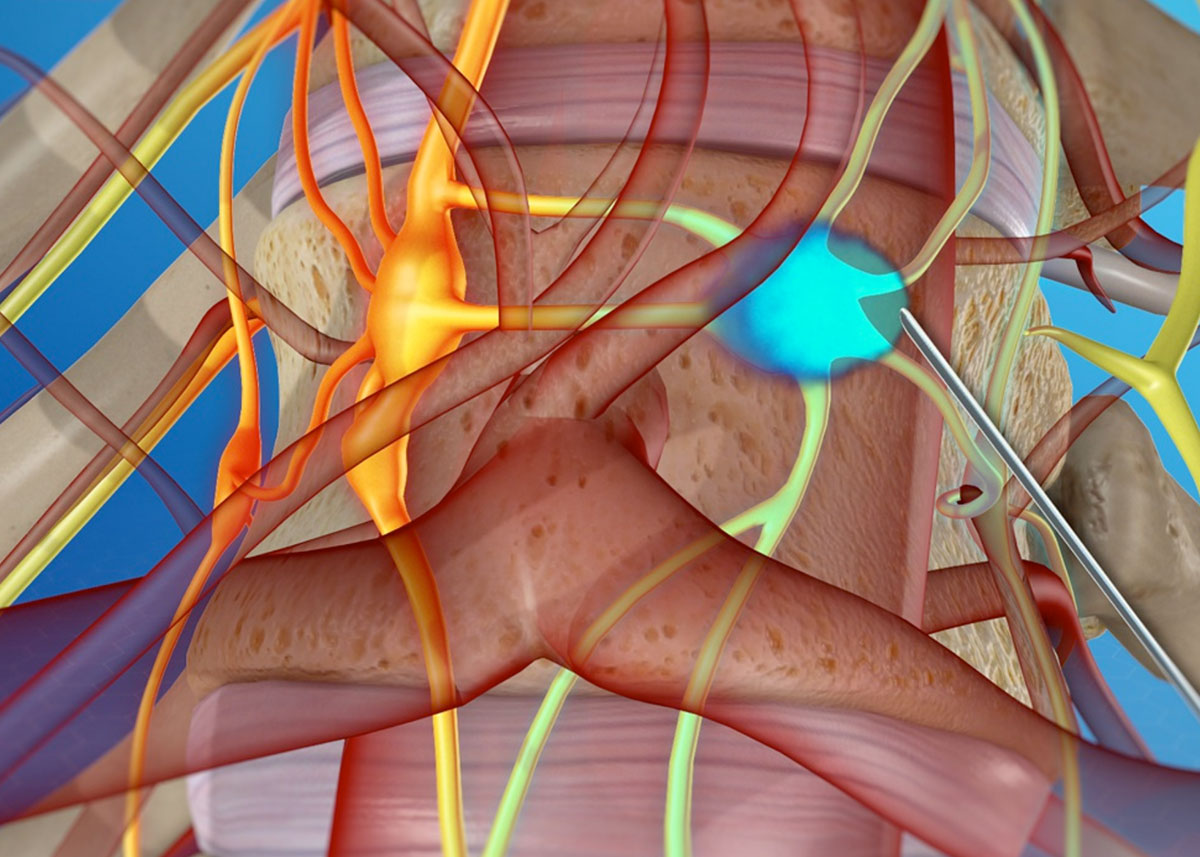Treatments
Epidural Steroid Injections
An epidural steroid injection (ESI) is performed to reduce pain of spinal origin,
Nerve Root Blocks
An epidural steroid injection (ESI) is performed to reduce pain of spinal origin…
Facet Joint Injections
The spinal facet joints support the spinal column. Stresses on the joints…
Dorsal Column Stimulation
Spinal cord stimulation uses an implanted device, a spinal cord stimulator…
Intrathecal Pump Therapy
Intrathecal pumps deliver medication directly into the cerebrospinal fluid (CSF)…
Medical Therapy
At the consultation, your therapy plan will be tailored to your specific needs,…
SI Joint Injections
The Sacro-iliac Joint injection is an injection of medications into the SI…
Lumbar Sympathetic and Stellate Ganglion Injections
A Lumbar Sympathetic block (for the lower extremities) and Stellate Ganglion block…
Coeliac Plexus Block
The coeliac plexus is a bundle of nerves in the upper abdomen that transmits many…
Other Available Treatments
- Injection therapy. Local anaesthetics, sometimes combined with a corticosteroid, may be injected around nerve roots or into muscles and joints to relieve irritation, swelling, and muscle spasms. Botulinum toxin injection may also be indicated for muscle spasms such as that found with piriformis syndrome.
- Nerve blocks. If a group of nerves causes pain to a specific organ or body region, injections with local anaesthetics may be useful for blocking the pain in that area.
- Physiotherapists may prescribe a specially tailored exercise program to increase function and decrease pain. Other physical therapy option may include whirlpool therapy, ultrasound, and deep-muscle massage.
- Other electrical stimulation. The most common form of electrical stimulation used in pain management is transcutaneous electrical nerve stimulation (TENS), a technique that uses a small, battery-operated device to stimulate nerve fibers through the skin.
- Psychological support and counselling. Although pain is a physical sensation, many people in pain suffer emotionally with feelings of anger, sadness, and hopelessness. Dealing with unrelenting pain can affect your ability to hold a job, maintain a home, meet family obligations, and relate to friends and family members. Psychological support, along with medical treatment, can help manage a condition.









